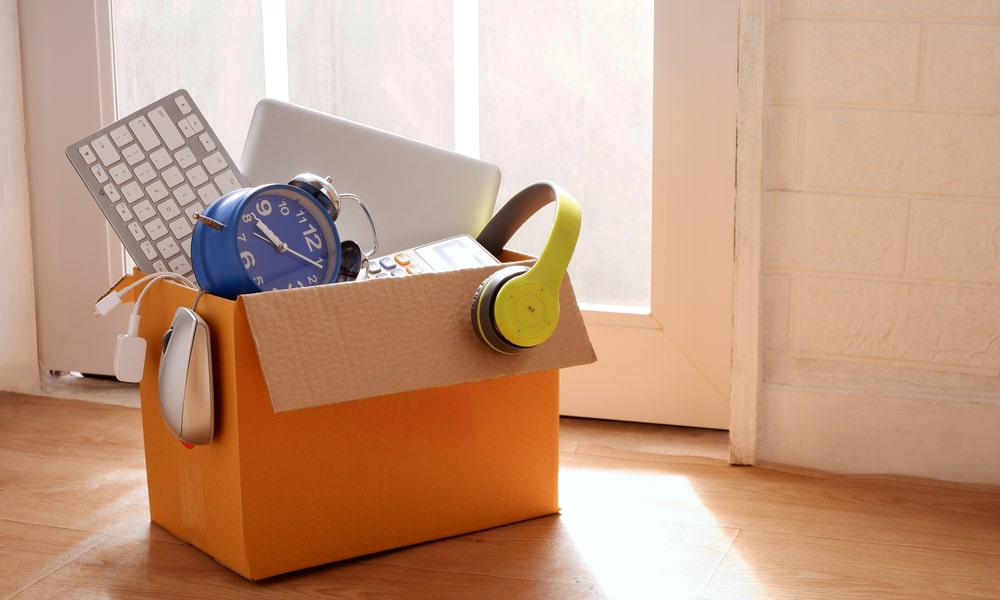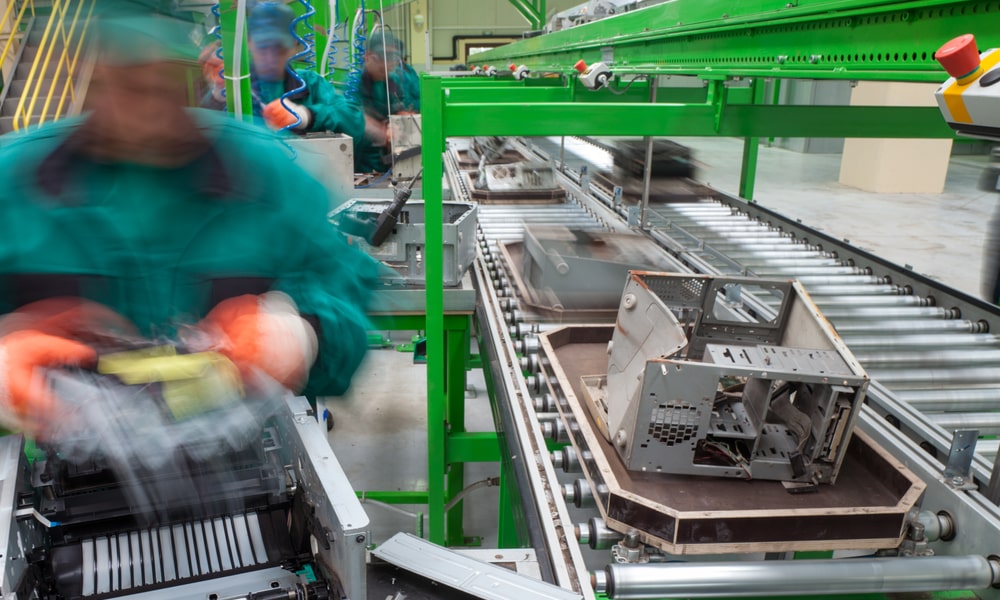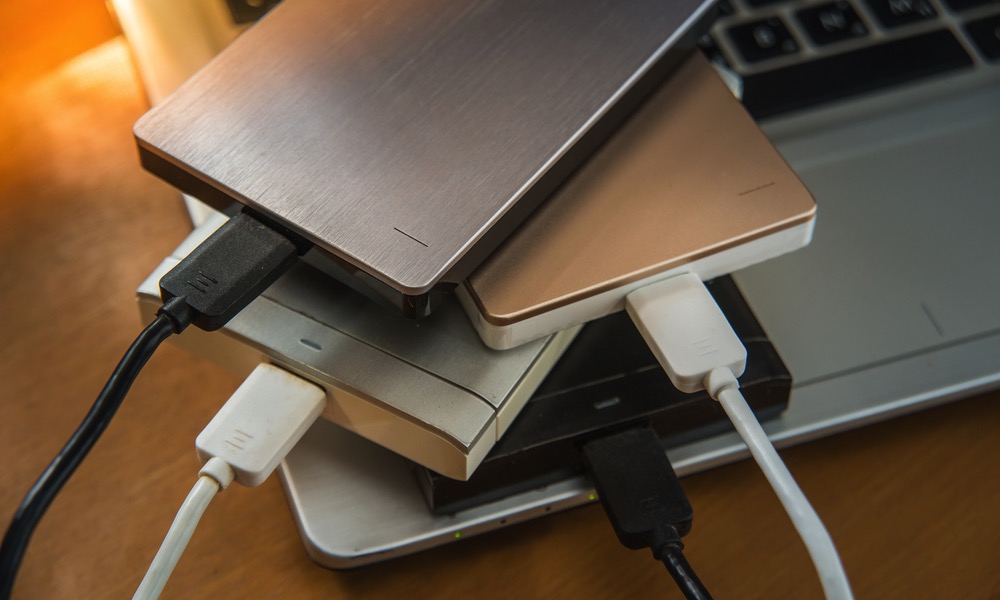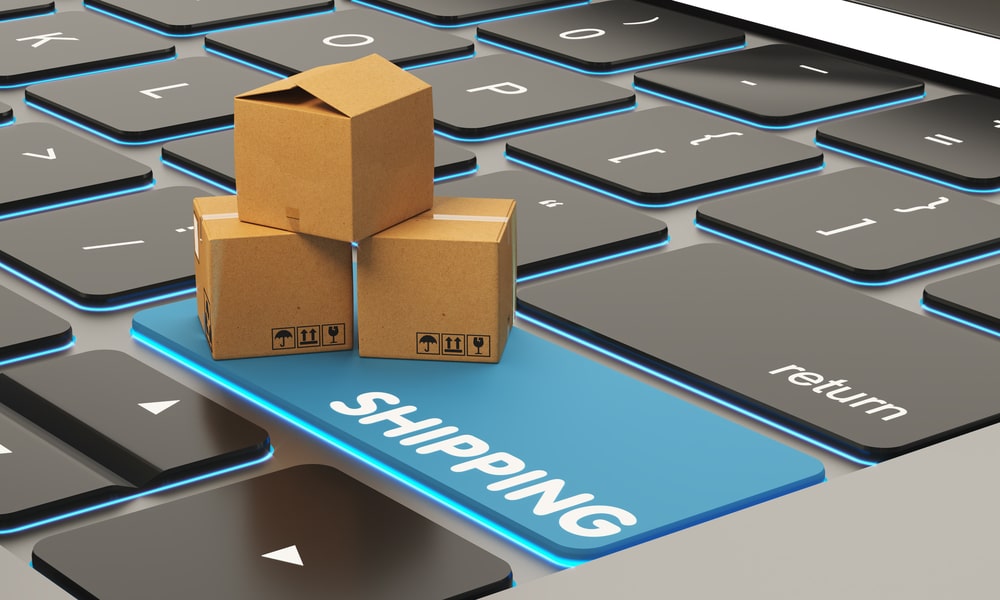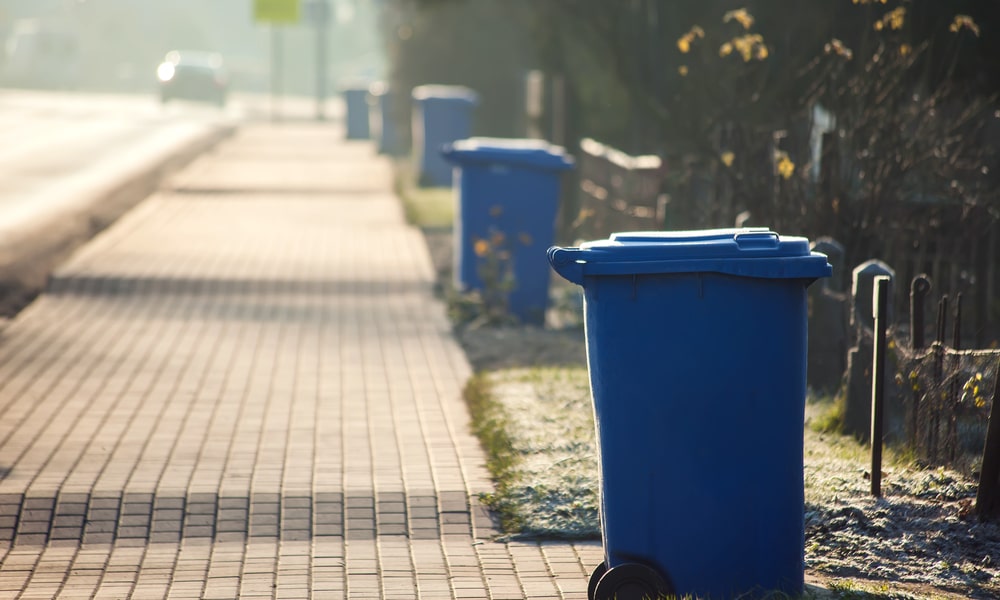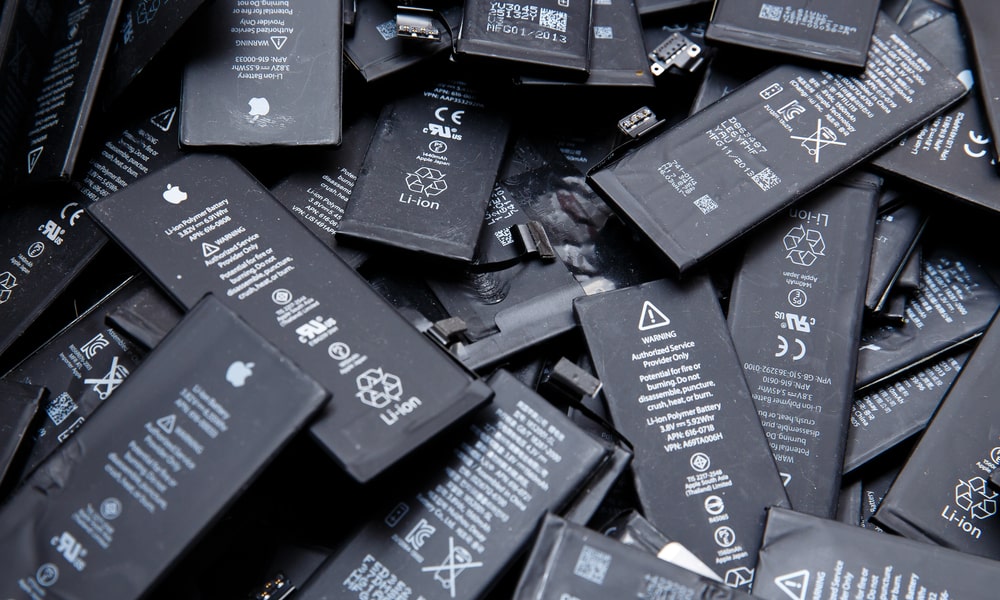The 6 Best Ways to Deal with Electronic Waste in 2022
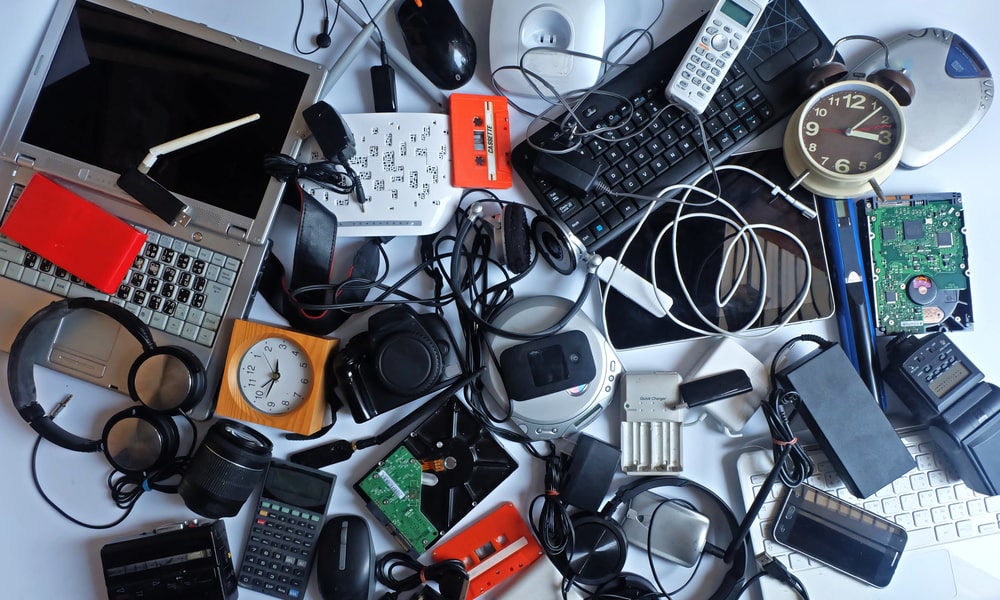 DAMRONG RATTANAPONG / Shutterstock
DAMRONG RATTANAPONG / Shutterstock
Electronic
waste or e-waste refers to what happens to our electronics when we throw them
away. And we throw away a lot – up
to 50 million metric tons a year worldwide, and growing. There are some
huge problems with this, too: Many electronic devices have toxic materials that
don’t belong in landfills without risking poisoning nearby soil and
groundwater. Those that are “recycled” are too often sent overseas to be burnt
or melted into scrap, releasing all those toxins into the environment and
causing even more problems worldwide.
So, what’s a responsible electronics owner to do? Your typical recycle bin isn’t set up for electronics. If you have hazardous materials (including devices with LCD screens, processors, lithium-ion batteries, and more), continue reading for the best current ways to deal with them.
Note: ALWAYS check your local city disposal and landfill guidelines for more information on how to dispose of certain things. They will typically have clear rules for what kinds of electronics may be allowed, what you should do with them, and what special rules, fees, or steps may apply to certain kinds of electronics. These guidelines are designed to help people make good disposal decisions and are a great resource.
When Possible, Donate
This makes it very easy for current owners: Look for local organizations that want usable electronics for their facilities. Of course, the devices need to be in usable condition and not too old to be a fitting donation, but it’s an option that keeps them out of the trash for as long as possible, and that’s a plus. Oh, and always do a wipe and factory reset of the device before giving it away – that applies to any e-waste step.
Find a Reliable Recycling Option
There are electronic recycling options, but it’s always a good idea to check their credentials. Look for recyclers that are very clear that they recycle on-site, and don’t ship overseas. If your city uses a recycler, find out which one and look them up as well – sometimes cities simply go with the cheapest option, which may not be recycling electronics at all. Real recyclers have facilities that break down electronics, harvest glass and aluminum, and sift for rare metals like gold before safely disposing of the rest.
Services like Earth911 can help you find local recyclers to make your research a bit easier.
Use a Data Destruction Service
Does your electronic device have storage, especially SSD storage? Even when these durable hard drives are wiped, data can still be recovered. That’s why businesses are often required to take extra steps for when dealing with their hard drives. Data destruction services offer the ability to shred hard drives down to little bits, guaranteeing that nothing can be recovered. This is a good idea if you have a group of hard drives to throw away that may contain any kind of sensitive information.
Ship It In
A number of companies accept smaller e-waste to deal with on their own (these services often paused during COVID-19 but have largely started again). Due to corporate accountability, they have a vested interest in at least trying to make sure devices are properly recycled, so it’s not the worst option. Best Buy, Home Depot, Staples, and other brands offer drop-off bins and similar options. Apple even has dedicated robots that strip apart its iPhones when they're no longer usable. Always check the stores in your area to see what their method is. This works great with small devices you can easily transport, like old iPods or laptops.
Look for E-Waste Recycling Days
Many cities and counties offer a couple of electronics recycling days each year. Typically, this means you can leave your electronics – including larger devices like PCs and monitors – out on your curb, and specialized recycling trucks will haul them away. Again, this requires that your local government contracts with an honest e-waste recycler, but it’s a very, very easy option that includes no more effort than taking out the trash, so look up the dates in your area.
What About Batteries?
Battery disposal isn’t as common as it once was, but we all still have devices that run on the old AAs or similar batteries. The good news is that old-fashioned alkaline batteries like these aren’t especially toxic, and they can go in landfills along with all other normal trash. For even more good news, certain types of batteries – like rechargeable versions, etc. – come with labels that clearly show they are not intended to go into the trash.

